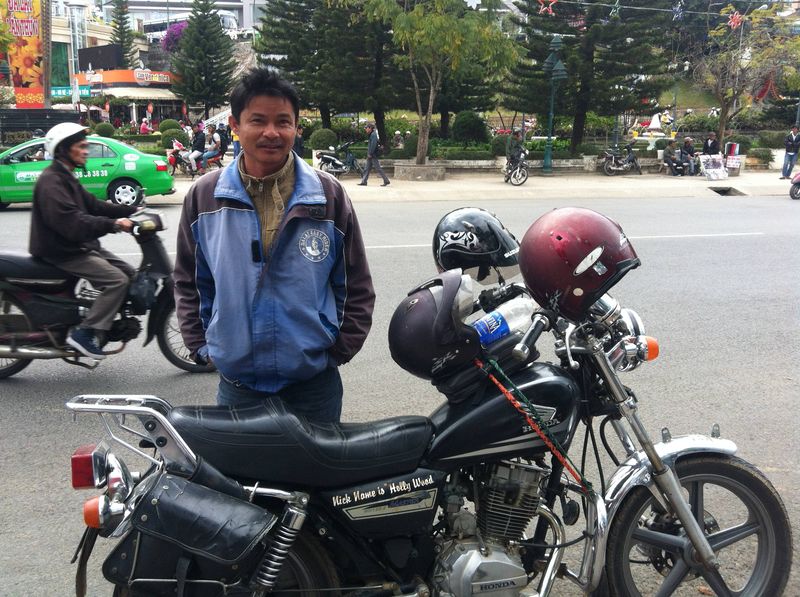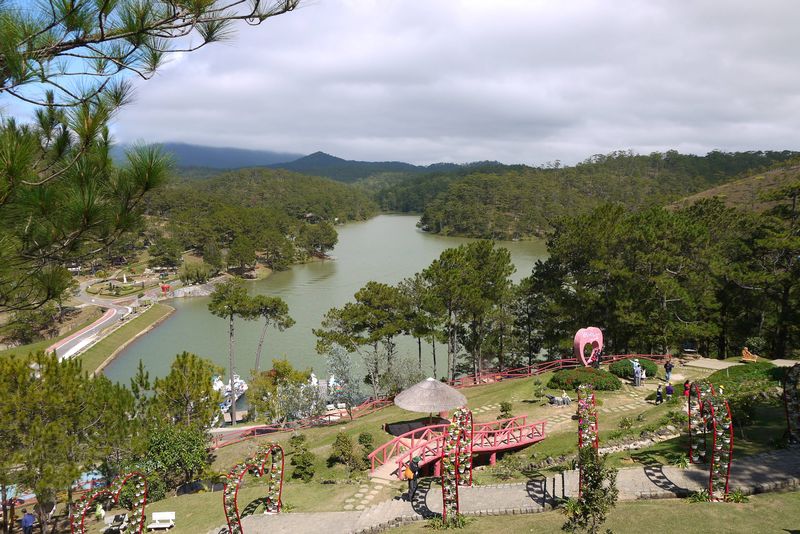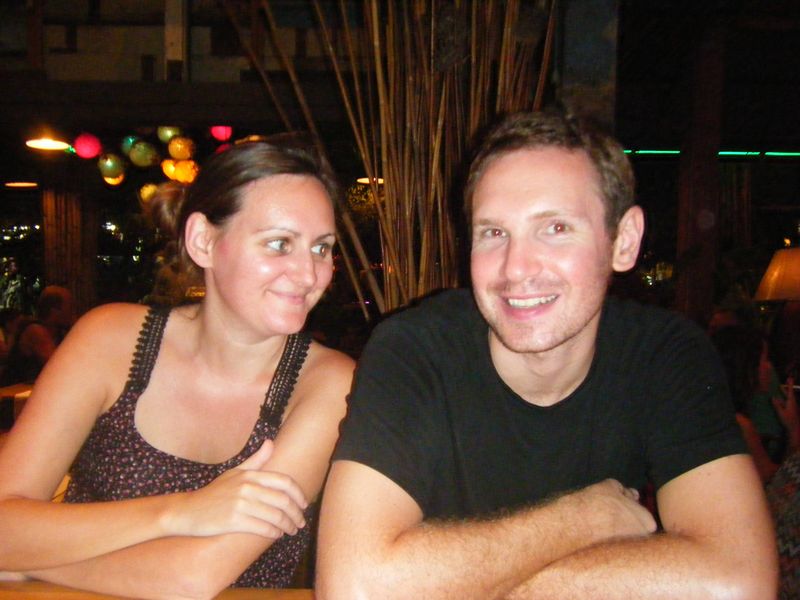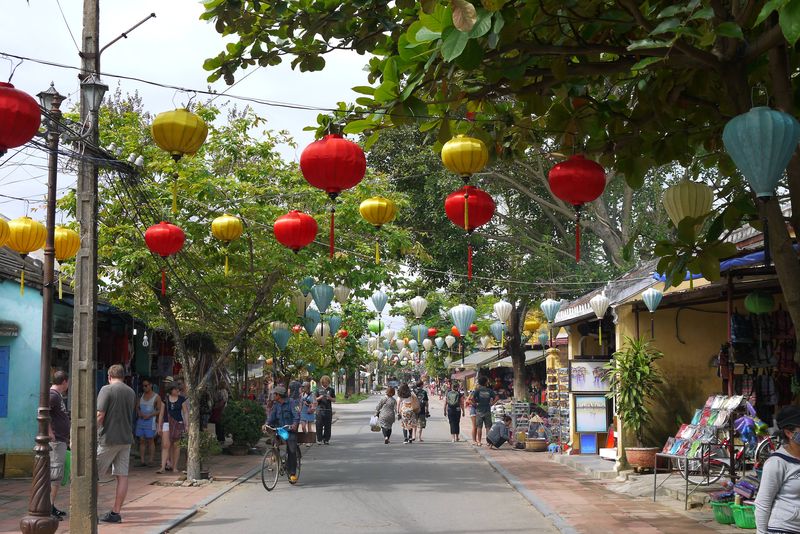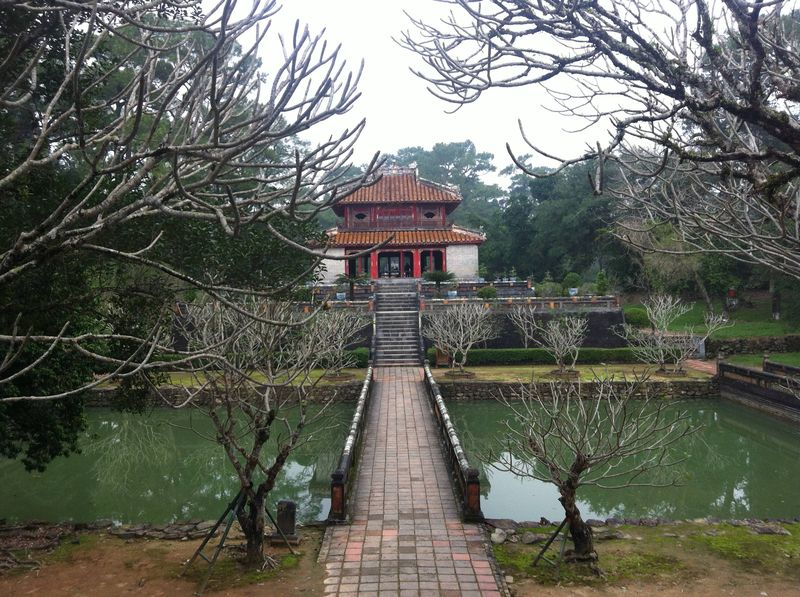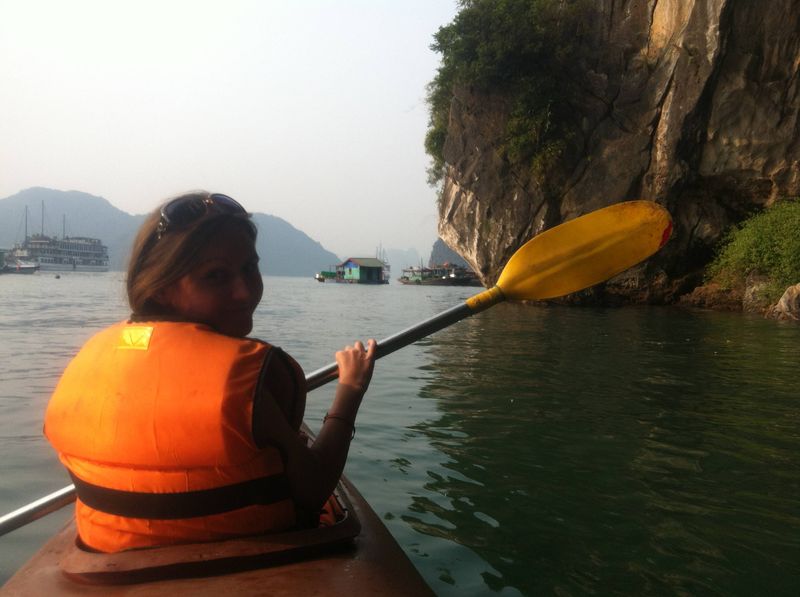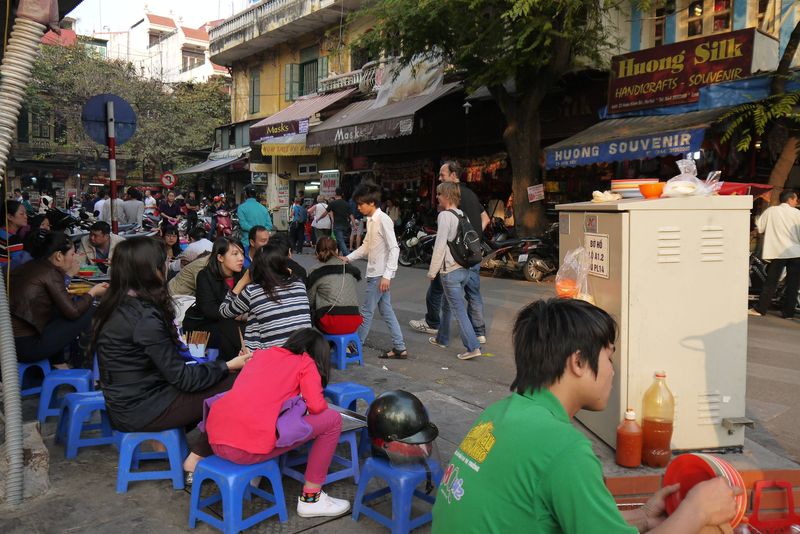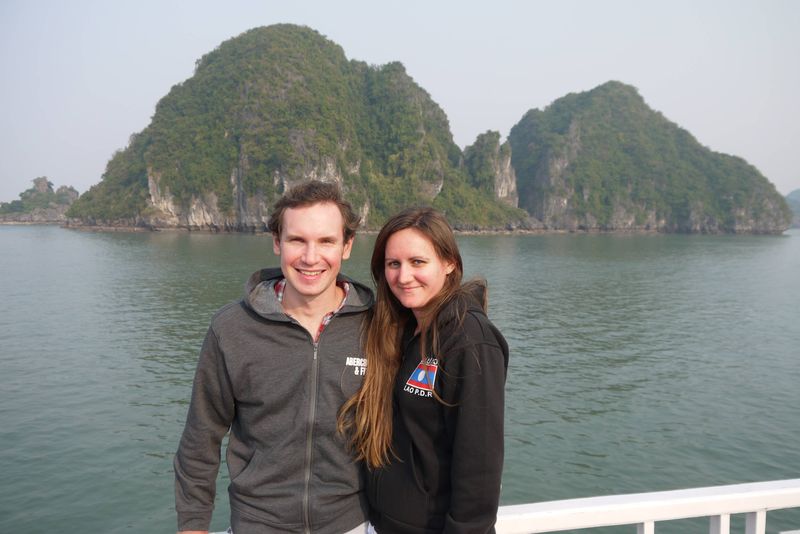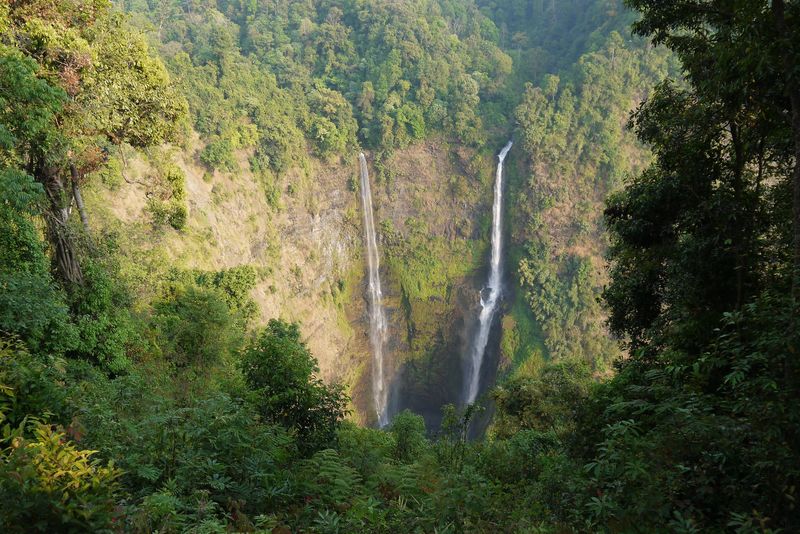Our Tour with the Easy Riders
We first met some Easy Riders while waiting at a bus stop in Danang. Two men with faces as worn as the black, insignia-inscribed leather jackets they wore roared over to us, pulling their shiny, black machines to a stop: “We are Easy Riders – wherever you are going, we’ll take you,” they said, flashing confident, tobacco-stained smiles in our direction. 08 April, 2014 / 13 Comments





